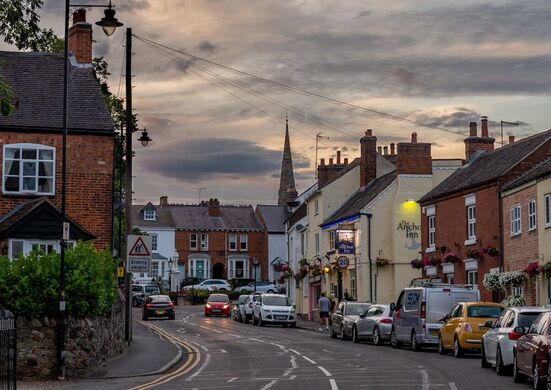Image by wirestock on Freepik
In EYFS, children begin to develop their geographical knowledge by exploring features of our school. Maps and atlases are used to investigate different places as we begin to compare and contrast different environments. Children have rich opportunities to make use of school grounds to enhance and apply their skills as geographers. Throughout the year, children observe and discuss the weather and seasonal changes. Children also learn about the different jobs which people do in our community.
|
Understanding the World
Understanding the world involves guiding children to make sense of their physical world and their community. The frequency and range of children’s personal experiences increases their knowledge and sense of the world around them – from visiting parks, libraries and museums to meeting important members of society such as police officers, nurses and firefighters. In addition, listening to a broad selection of stories, non-fiction, rhymes and poems will foster their understanding of our culturally, socially, technologically and ecologically diverse world. As well as building important knowledge, this extends their familiarity with words that support understanding across domains. Enriching and widening children’s vocabulary will support later reading comprehension. |
Image by www.paulhands.co.uk
|
People, Culture and Communities ELG
Children at the expected level of development will:
Children at the expected level of development will:
- Describe their immediate environment using knowledge from observation, discussion, stories, non-fiction texts, and maps;
- Know some similarities and differences between different religious and cultural communities in this country, drawing on their experiences and what has been read in class;
- Explain some similarities and differences between life in this country and life in other countries, drawing on knowledge from stories, non-fiction texts and – when appropriate – maps.
- Pupils with SEND generally study the same curriculum scope as other pupils.
- Teachers have the same level of ambition for all pupils and use specialist advice to adapt teaching approaches where necessary.
- Ensure teaching assistants are well briefed in the geography that is to be learned and the approaches taken.
- Classroom resources eg. maps are adjusted as required to ensure that all pupils take part
Key Vocabulary
|
old (very old)
young new past |
ago
a long time ago now / then today / yesterday |
family
parents/grandparents object order |
picture / photograph
change inventions archaeology |



